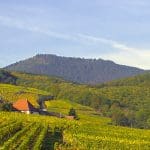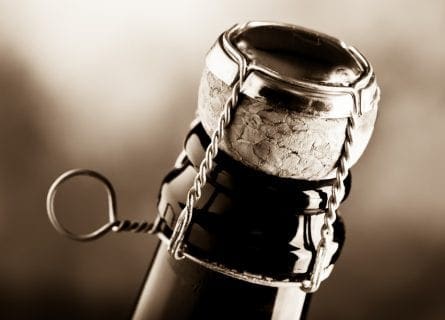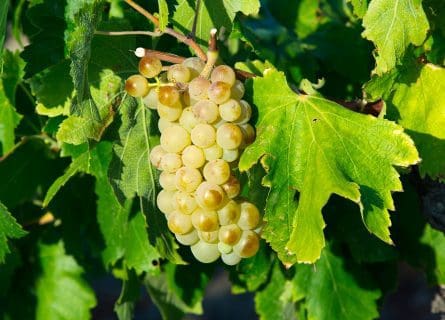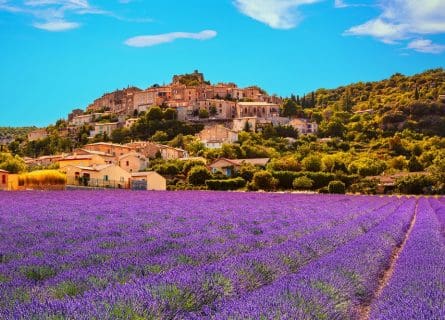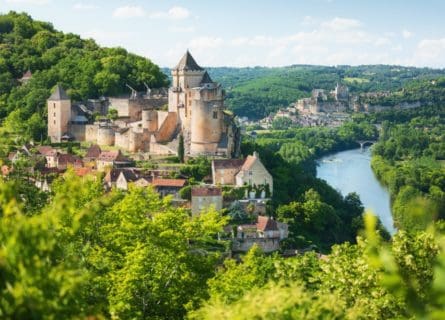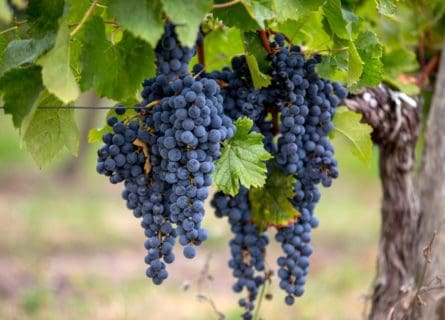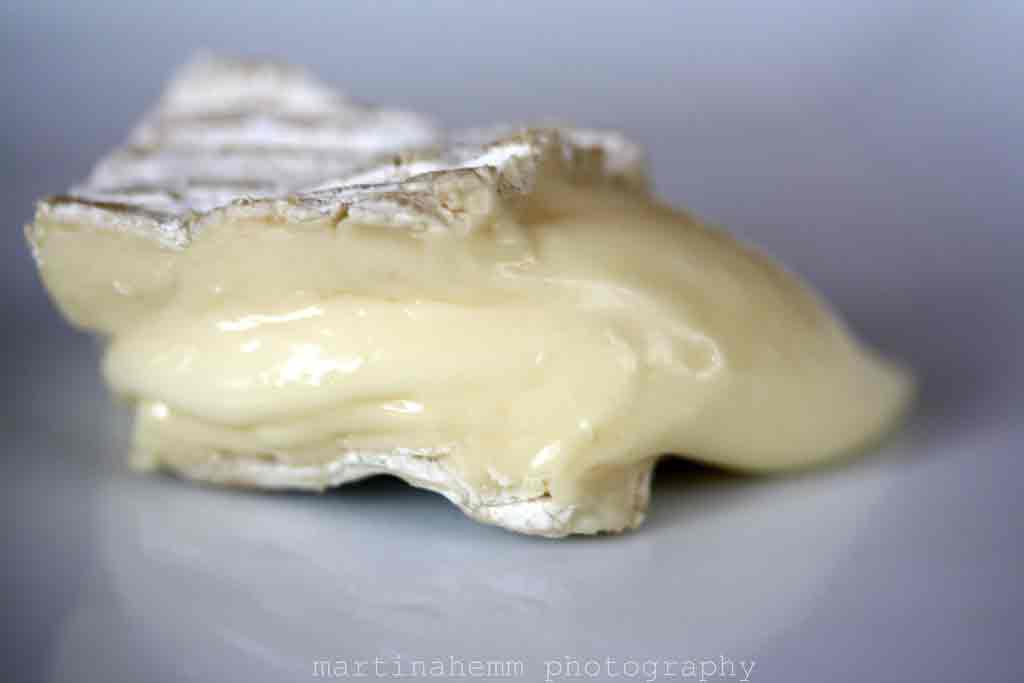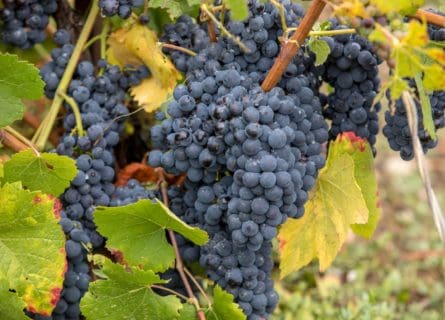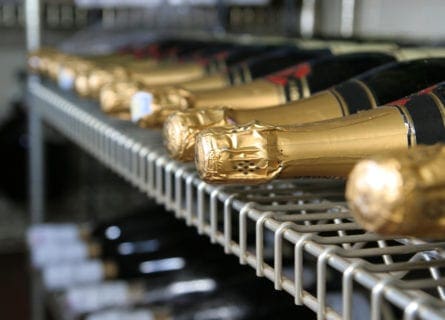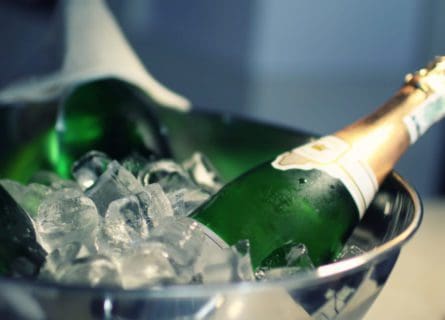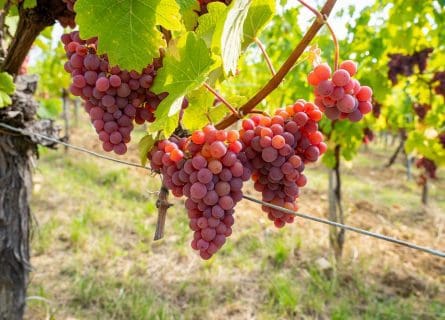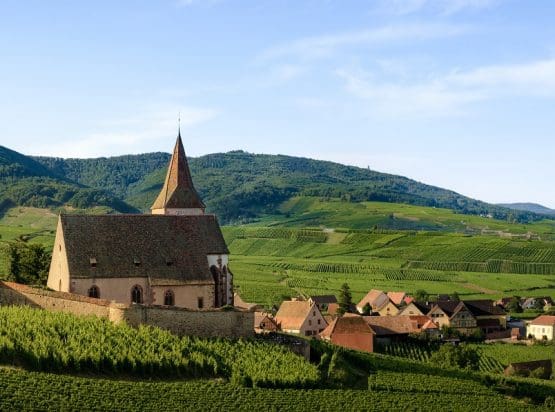
Zeyssolff Winery Guide
EXPLORE ALL OUR RECOMMENDED FRENCH WINERIES
Last updated: November 24, 2023
Winery Overview
Those who fear the corporatization and homogenization of wine should head to the Alsace wine region. This a region where family-owned wineries rule the roost, and traditions have been passed down from generation to generation, encompassing many centuries of expertise. In Alsace, decisions are taken according to quality considerations rather than at the behest of accountants. Nowhere is this more true than at Zeyssolff.
The Zeyssolff family has a history as long as Alsace itself. In the 16th century, two Zeyssollf brothers involved in the legal profession received a family crest for services to the city of Strasbourg. However, their first foray into winemaking did not occur until the 18th century, when Jean-Daniel Zeyssolff, a local winemaker in the village of Gertwiller, founded Maison Zeyssolff in 1778. The winery prospered under his stewardship, with Alsatian wines’ reputation spreading across all corners of France and Europe. Successive generations continued the family line, making key decisions that would further strengthen the already formidable reputation of Zeyssolff’s wines. Overcoming the hardships of two World Wars, the winery greeted the late 20th century with renewed optimism and purpose. In 1960, Zeyssolff became one of the first Alsatian wineries to bottle its wines onsite rather than selling barrels to merchants for distribution. A new generation took over in 1997 when Yvan Zeyssolff was handed the reigns of this grand estate. Part of his vision for the future involved embracing eco-friendly viticulture, and the estate is currently converting to organic methods of viticultural management. Zeyssolff may be a tradition-bound winery, but this family is not afraid of moving with the times. Their prospects are looking pretty healthy as of 2019. The family is at the forefront of expanding oenotourism in Alsace, which started with opening their first shop called “Au Péché Vigneron,” where visitors could buy a range of regional delicacies. A modern, plush new tourism space was completed in 2015, encompassing a boutique, wine bar, sensory area, tea shop, and projection room.
Despite all the impressive bells and whistles, the core focus at Zeyssolff remains to produce terroir-driven, inimitable wines. Racy Riesling, voluptuous Pinot Noir, complex, aromatic Pinot Gris – indifference to these wines is impossible. There are no corners cut at Zeyssolff, no decisions taken purely to save a dime. The commitment to quality at this charming family-run winery is paramount, and the results are breathtaking. These are Alsatian wines at their very best.
Wines produced
-
Riesling Reserve 2018
100% Riesling. Hand-harvested grapes are pressed before the must is cooled to 12°c (53°F) to allow cold settling. The must is then fermented in foudres (oak casks), racked and stabilized. After ageing on the lees (dead yeast cells), the wines are bottled and then stored for 3 to 6 months minimum, before being sold. -
Muscat Reserve 2018
100% Muscat. Hand-harvested grapes are pressed before the must is cooled to 12°c (53°F) to allow cold settling. The must is then fermented in foudres (oak casks), racked and stabilized. After ageing on the lees (dead yeast cells), the wines are bottled and then stored for 3 to 6 months minimum, before being sold. -
Pinot Gris Zeyssolff Cuvee Z 2015
100% Pinot Gris. Hand-harvested grapes from the village of Gertwiller are pressed before the must is cooled to 12°c (53°F) to allow cold settling. The must is then fermented in foudres (oak casks), racked and stabilized. After ageing on the lees (dead yeast cells), the wines are bottled and then stored for 3 to 6 months minimum, before being sold. -
Pinot Noir Zeyssolff Cuvee Z 2017
100% Pinot Noir. Hand-harvested grapes are pressed before the must is cooled to 12°c (53°F) to allow cold settling. The must is then fermented in foudres (oak casks), racked and stabilized. The wine is aged in oak for 11 months before being bottled and then stored for 3 to 6 months minimum, before being sold. -
Klevener de Heiligenstein Zeyssolff Cuvee Z 2017
100% Klevener de Heiligenstein. Hand-harvested grapes from the vineyard of Heliigenstein are pressed before the must is cooled to 12°c (53°F) to allow cold settling. The must is then fermented in foudres (oak casks), racked and stabilized. After ageing on the lees (dead yeast cells), the wines are bottled and then stored for 3 to 6 months minimum, before being sold. A totally unique wine style from Alsace. -
Riesling Grand Cru Zotzenberg Zeyssolff 2017
100% Riesling. Produced from Grand Cru grapes, the must is cooled to 12°c (53°F) to allow cold settling. The must is then fermented in foudres (oak casks), racked and stabilized. After ageing on the lees (dead yeast cells), the wines are bottled and then stored for 3 to 6 months minimum, before being sold. A Grand Cru Riesling, suitable for extended cellaring. -
Pinot Gris Sélections Grains Nobles Zeyssolff 2015
100% Pinot Gris. Grapes affected with botrytis are harvested and subject to an ended and very gentle pressing. The must is cooled to 12°c (53°F) to allow cold settling. The must is then fermented in foudres (oak casks), racked and stabilized. The wine is aged for a minimum of 18 months before release. -
Cremant d'Alsace Brut
A blend of Pinot Noir, Pinot Blanc and Auxerrois. The grapes are fermented, blended and then placed in bottle for a secondary fermentation. Disgorged following a period of aging in the cellar. A traditional method sparkling wine perfect for any occasion. -
Cremant d'Alsace Brut Rose
100% Pinot Noir. The wine is subject to a light maceration, fermented and then placed in bottle for a secondary fermentation. Disgorged following a period of aging in the Zeyssolff cellars. A traditional method sparkling rose perfect for any occasion.
Winery Contact Details
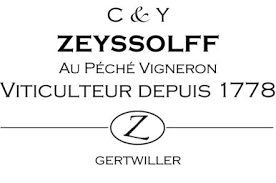
Zeyssolff
156 Route de Strasbourg67140, Gertwiller
France
Email: [email protected]
Tel +33 (0) 3 88 08 90 08
Fax Find out more
Facts & Figures
Appellation
Alsace
Founded
1778
Area under Vine
10 hectares of estate vineyards
Age of vines
Oak barrel origin
Winemaker
Yvan Zeyssolff
Owner
Zeyssolff Family
Production
100,000 bottles per annum
Grape varietals
Riesling, Pinot Gris, Pinot Noir, Gewürztraminer, Muscat, Pinot Blanc, Auxerrois, Sylvaner
Grape Varieties Used by the Winery
-
Auxerrois
The Auxerrois grape is a hidden gem known for its delicate charm and growing recognition. Originating from Burgundy, this white grape variety thrives in cool climates, offering a unique flavor profile of apple, pear, and citrus, accompanied by floral and mineral notes. Often mistaken for Chardonnay, Auxerrois wines present a perfect balance of fruitiness and acidity, making them versatile companions to various cuisines.
-
Gewürztraminer
Explore Gewurztraminer, a highly aromatic white grape from Alsace, France. Savor its unique character and allure in every sip
Find out more -
Muscat
Muscat blanc is a white wine grape varietal popular in the Muscat d'Alsace, Moscato d'Asti and Beaumes-de-Venise regions.
Find out more -
Pinot Gris
Pinot Gris is a white-wine grape variety originally from Burgundy. It is thought to be a mutant clone of Pinot Noir.
Find out more -
Riesling
Discover Riesling's charm, a white grape from Germany's Rhine region, cherished in Alsace, France. Unveil its secrets and delights
Find out more -
Pinot Blanc
Pinot blanc is a white wine grape varietal, that is a mutation of Pinot noir grape. It is planted in mostly Alsace, Germany and Northern Italy.
Find out more -
Sylvaner
The Sylvaner grape is a white wine grape variety with a rich history in Central Europe, particularly in Alsace and Germany. Known for its crisp and refreshing wines, Sylvaner exhibits flavors of green apple, citrus, and stone fruits, accompanied by floral and herbal notes. It thrives in cooler climates and is adaptable to various terroirs
-
Pinot Noir
Pinot noir is a light-bodied red wine varietal closely related to the Vitis vinifera grape and produces the most sought-after red wines in the world.
Find out more
Winery Appellations
-
 Discover Alsace, the unique French vineyard blending French elegance & Germanic charm. Home to signature Riesling and scenic villages. Plan your trip today! Read more
Discover Alsace, the unique French vineyard blending French elegance & Germanic charm. Home to signature Riesling and scenic villages. Plan your trip today! Read more
Further Reading: Discover More Related Blog Content
More information
If you would like us to customize an exclusive luxury tour, contact us and let us know your travel plans. We offer luxury food and wine tours for private groups of a minimum two guests. In addition, all of our private, chauffeured tours are available year-round upon request.

